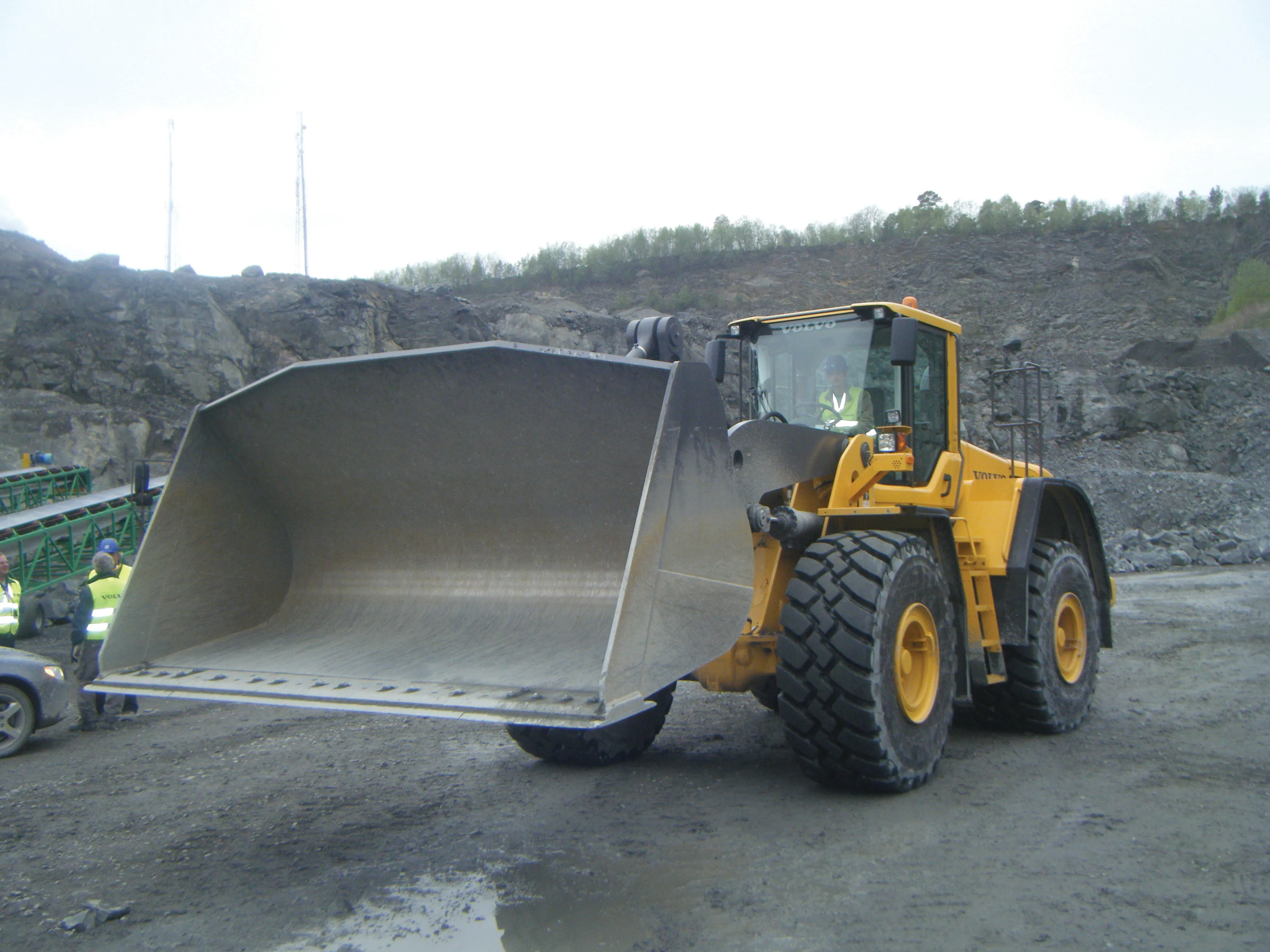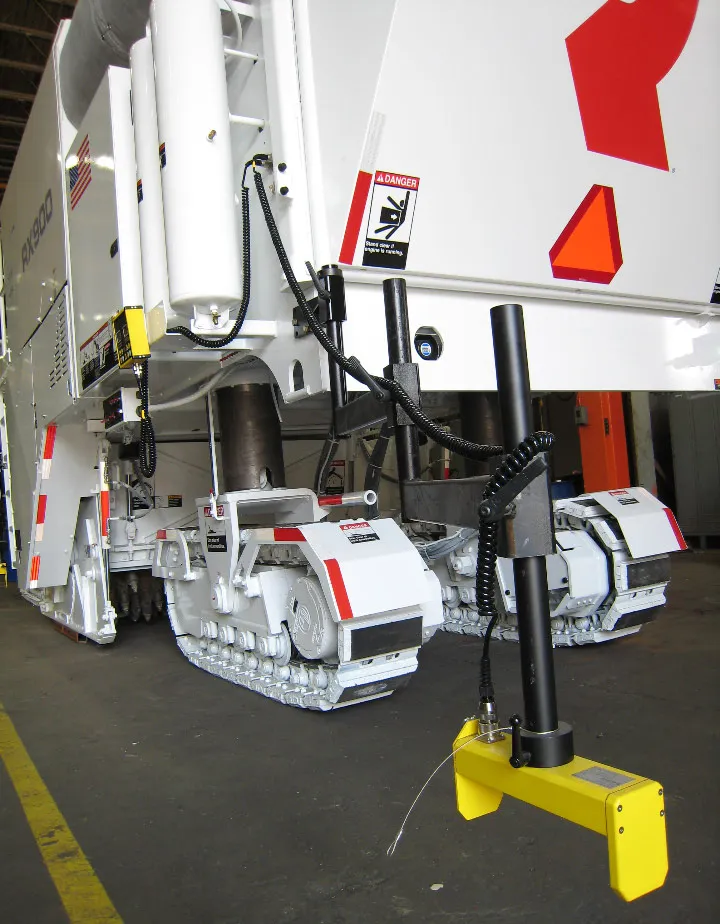
The 10 Liebherr TA 230 Litronic ADTs are being used to assist with the backfilling work task for a dam project. The machines are being used by contractor Marx, a construction company involved in the project.
The project is worth around €21.5 million and is being carried out at Lake Reschen in Gaun Municipality in Vinschgau (Italy). The work is needed so as to make the SS40 state road safer, with the route being relocated closer to the reservoir. The project is being carried out in two construction phases over three years and commenced in the second quarter of 2023. Several Liebherr construction machines are being used for the earthmoving and backfilling operations on the project and this includes the fleet of 10 Liebherr TA 230 Litronic ADTs.
The state road at Lake Reschen has had to be moved to protect the link from rockfalls and landslides. A 1.5km section of the road is now being constructed 50m inside Lake Reschen. Six construction companies are involved in the project, with a fleet of around 60 earthmoving machines in operation. In addition to the Liebherr ADTs, there are a number of Liebherr dozers and excavators in use on the site.
Contractor Marx currently has around seven TA 230 Litronic trucks in operation, a number of which were purchased through Liebherr-Mietpartner.
The ADTs are carrying out the backfilling work for the embankment that will carry the new state road. The material the trucks are transporting has been excavated material from the bottom of the drained Lake Reschen and when complete, the dam will be around 70m-wide and 20-22m-thick. To build the structure requires moving around 2.5 million m3 of material.
Franz Marx is managing director of Marx and said that the machines have been carrying out the work efficiently and reliably, delivering high productivity and uptime.
Every day, the trucks at Lake Reschen are in use for up to 12 hours. "So far they have proven to be very reliable, durable and robust construction machines," said Marx. He said that the machines are also easy to service as all maintenance points can be reached quickly, easily and safely from a standing area due to the optimised arrangement of the components.
Between the excavation zone in the middle of the lake and the unloading zones at the dam, an extra lane has been constructed for the ADTs in order to boost average speeds and ensure productivity during this large-scale project. Marx said that the ground conditions on the drained lakebed, which includes some slopes, can be difficult in certain places. But he added that even in the tougher areas of the working location, the TA 230s are proving their worth and coping with the conditions even with a full 28tonne load.
Power for the TA 230 comes from a heavy-duty, six cylinder engine with a capacity of 12litres and that delivers 265kW. The engine is said to be well-matched to its transmission, allowing a top speed of up to 57km/h in forward travel and up to 16km/h in reverse. The automatic powershift gearbox has eight forward speeds and provides 6x6, permanent all-wheel drive. Load-switchable longitudinal and lateral differential locks are also fitted to optimise traction on rough terrain.
The cab and front chassis design of the ADTs is said to optimise comfort for the operator, even in rough terrain. Marx said that all of the ADT operators have commented positively about driving comfort levels. The spacious cab features large glass surfaces, without pillars to obstruct the view and this helps to optimise visibility for the operator. Hydropneumatic shock absorbers on the front axle and the elastic suspension on the operator's cab help to absorb the shocks that occur during operation. In addition, the soundproofed cab reduces the interior noise level to just 72 dB(A).








